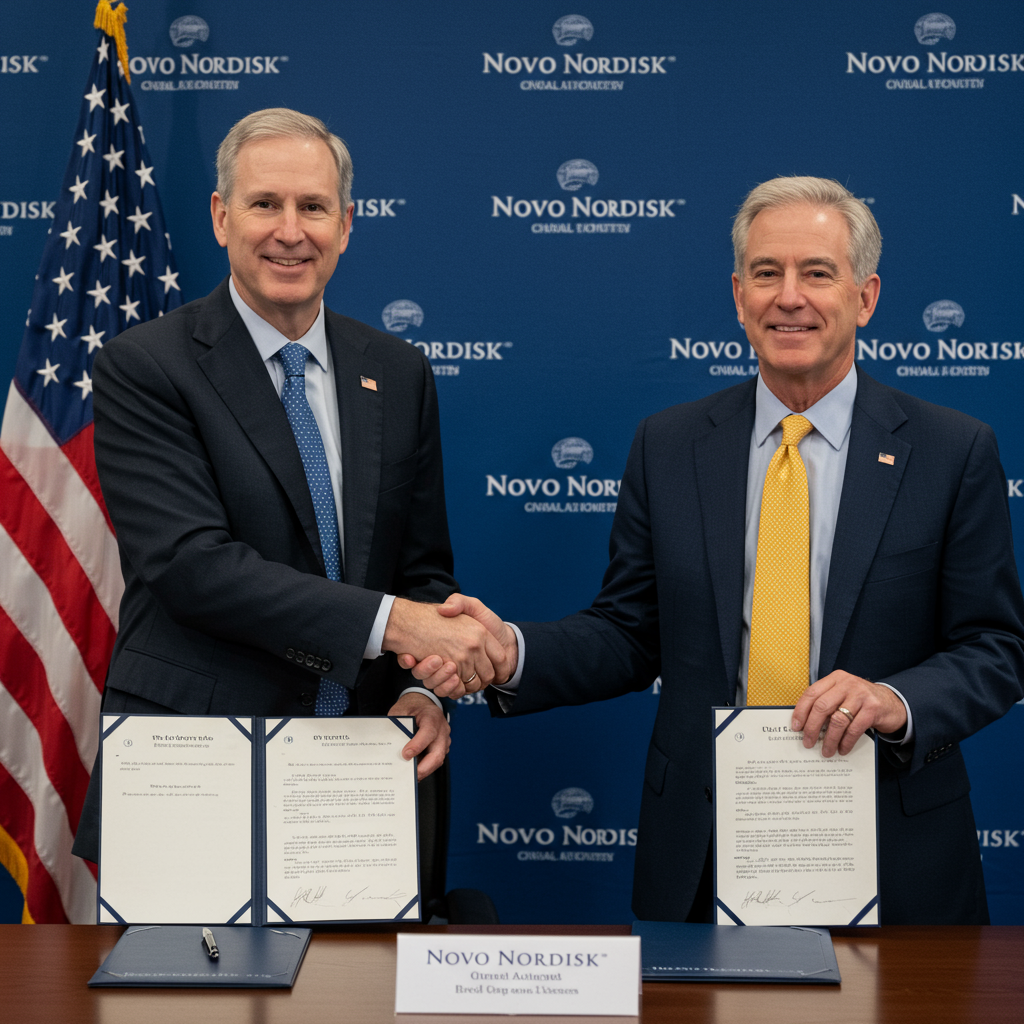The Trump administration continues to navigate a complex landscape of legal challenges and political maneuvers, with recent court rulings and legislative decisions shaping key policy areas. This update covers several significant developments, highlighting the ongoing judicial and procedural checks on executive actions.
Federal Judge Orders Release of Detained Activist
In a notable legal setback for the administration, a federal judge has ordered the release of Mahmoud Khalil, a noncitizen activist and former student who had been held in ICE detention for over three months without criminal charges. U.S. District Judge Michael Farbiarz determined that Khalil was neither a flight risk nor a danger to the community, stating explicitly that the government had “clearly not met” the standards required for his continued detention.
The judge suggested that Khalil’s detention may have been connected to his political views and pro-Palestinian activism, which the administration had controversially claimed posed a threat to U.S. foreign policy. Khalil’s case had become a focal point for critics arguing against a crackdown on campus protests. While the judge ordered his freedom, the government has already filed notice indicating it will appeal the ruling.
Appeals Court Upholds National Guard Deployment in Los Angeles
An appeals court has affirmed President Trump’s authority to deploy the National Guard in Los Angeles, ruling that the deployment was lawful. The U.S. Court of Appeals for the 9th Circuit panel found that the President likely acted within his powers, and critically, that California Governor Gavin Newsom could not veto the federal order.
This decision came after a lower court had temporarily stayed the order for the troops’ removal, pending the appellate court’s decision. While the 9th Circuit has allowed the deployment to continue, litigation persists. A lower court recently held a hearing to consider complex legal questions, including whether the deployment violates the Posse Comitatus Act, which generally prohibits the use of the U.S. military for domestic law enforcement. The judge in the lower court case is requiring further legal briefings on this matter. President Trump hailed the 9th Circuit’s ruling as a “BIG WIN,” suggesting the possibility of future deployments if state and local forces are deemed insufficient.
Supreme Court Declines Expedited Tariff Challenge
The Supreme Court has decided against fast-tracking a challenge to tariffs imposed by the Trump administration, ruling against a request from two toy companies. The companies had won their case in a lower court, successfully arguing that President Trump illegally imposed tariffs under the International Emergency Powers Act (IEPA). However, the administration appealed the decision.
The companies sought to bypass the standard appellate process due to the significant impact and market uncertainty caused by the tariffs on businesses nationwide. The Trump administration has justified the tariffs, including escalating duties against China which have reached levels as high as 145% on certain goods, by citing the long-standing trade deficit as a national emergency. The Supreme Court, which typically prefers cases to proceed through lower appeals courts, did not provide specific reasoning for its denial. An appeals court hearing for the case is now scheduled for late July.
Senate Parliamentarian Blocks Part of GOP Budget Bill
A key provision within a Republican budget bill has been ruled out of order by the Senate parliamentarian. The parliamentarian found that the proposal violated the Byrd Rule, a procedural rule governing the budget reconciliation process that limits provisions to those directly impacting the budget and prohibits extraneous policy items.
The blocked provision sought to defund the Consumer Financial Protection Bureau (CFPB), an agency created after the 2008 financial crisis to protect consumers from financial fraud. Eliminating funding for the CFPB, which conservatives and the Trump administration often view as an example of government over-regulation, would have represented a substantial saving, estimated at $6.4 billion. The parliamentarian also ruled against other non-budgetary items within the bill, such as a proposal to repeal certain vehicular environmental standards.
These developments underscore the multifaceted legal and political pressures the Trump administration continues to face across its domestic and foreign policy initiatives.




